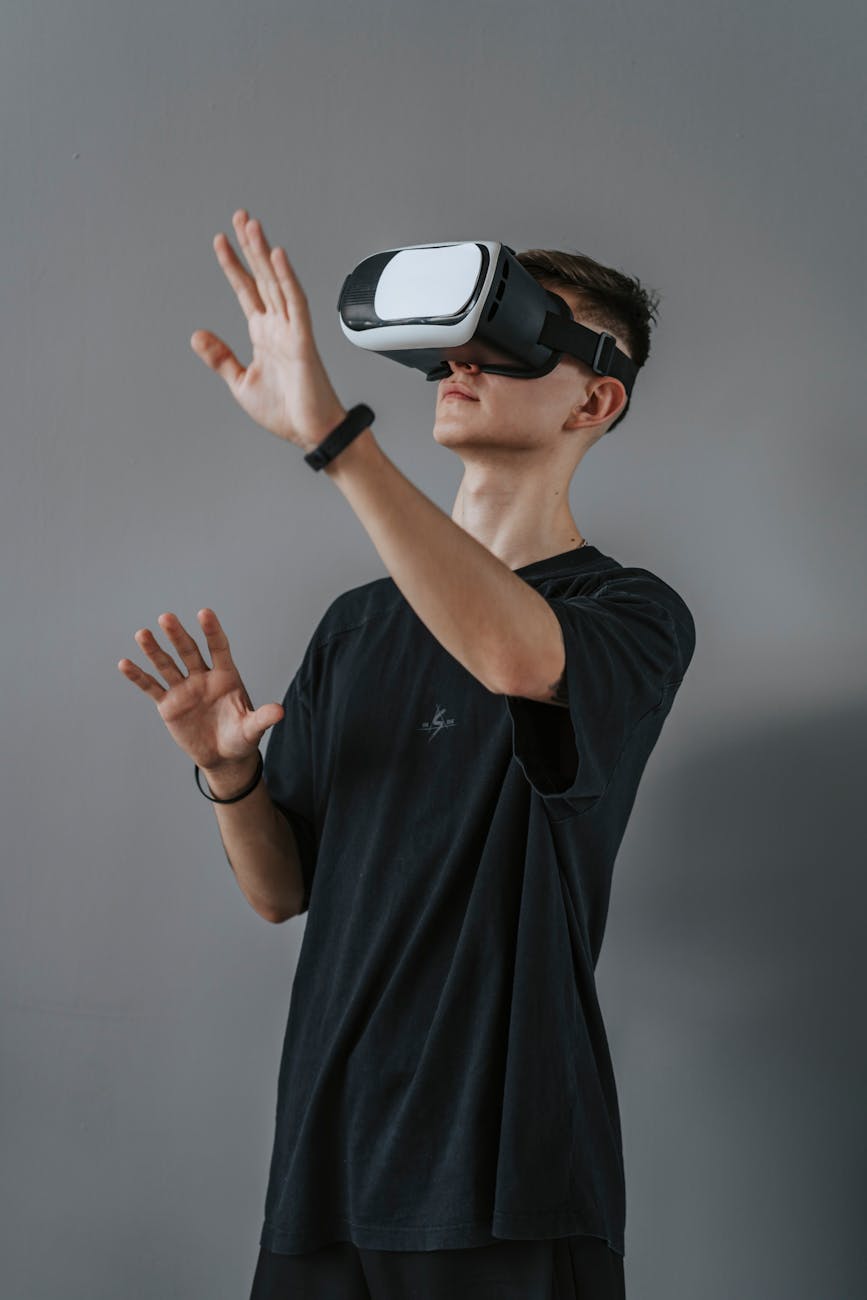The Impact of Virtual Reality in Special Education

Enhancing Learning Through Immersive VR Experiences
Virtual Reality (VR) technology has revolutionized education, particularly in the realm of special education. By creating immersive and interactive environments, VR allows students with diverse learning needs to engage with educational content in a way that is both meaningful and effective.
Increasing Access and Inclusivity
One of the key benefits of VR in special education is the ability to cater to individual learning styles and preferences. Students who may struggle in traditional classroom settings due to sensory issues or physical limitations can thrive in VR environments that are tailored to their specific needs.
Empowering Teachers and Students
Moreover, VR empowers teachers to create personalized learning experiences that cater to the unique strengths and challenges of each student. By using VR simulations, educators can provide hands-on learning opportunities that are otherwise difficult to replicate in a traditional classroom setting.
Challenges and Future Outlook
While the potential of VR in special education is vast, there are still challenges to overcome, such as cost barriers and technical limitations. However, as VR technology continues to evolve and become more accessible, the future looks promising for leveraging its full potential in enhancing the educational experience for students with special needs.





